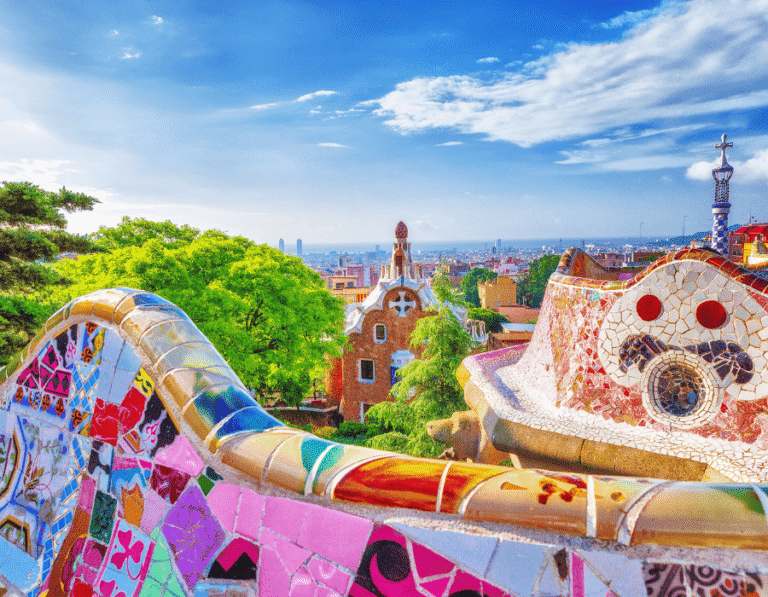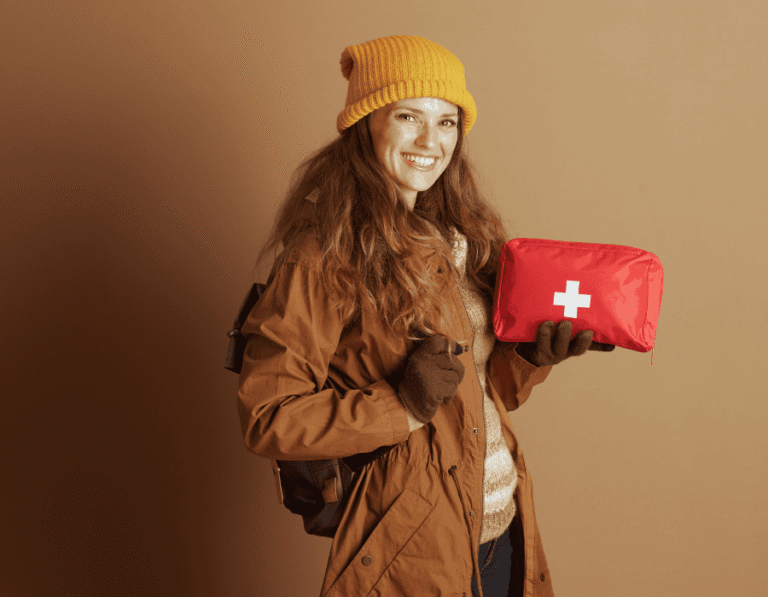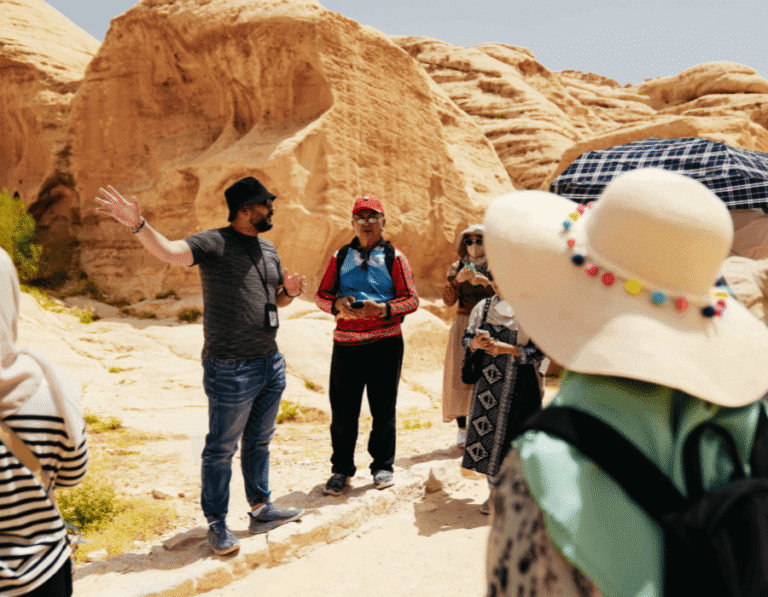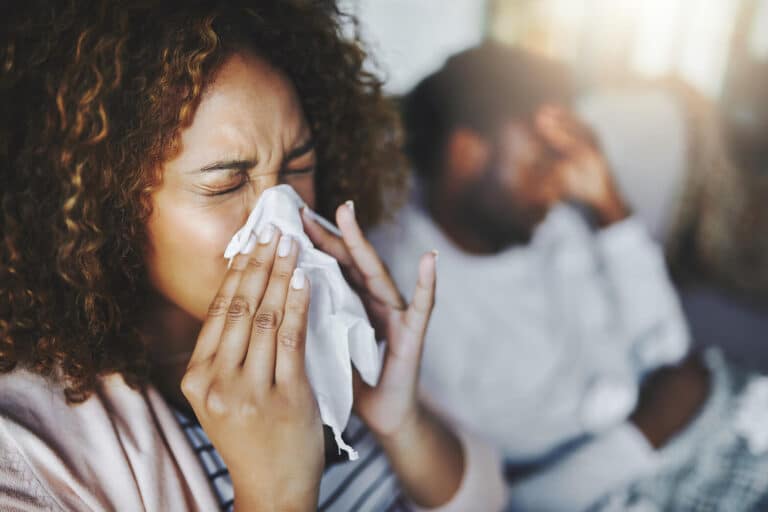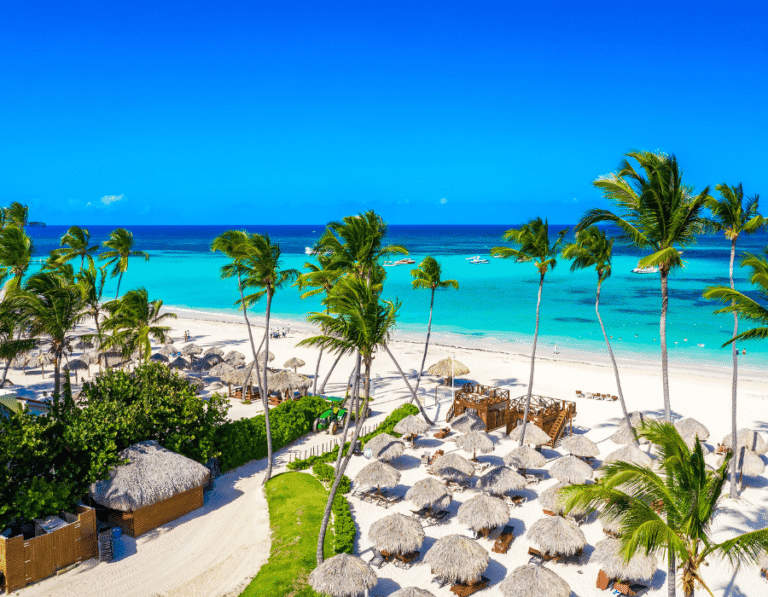Vienna is bold, creative, and effortlessly cool — from street art and schnitzel to historic landmarks and buzzing nightlife. But even in a city this dynamic, travel plans can hit a bump. Maybe it’s a surprise fever, a stomach bug, or just not feeling quite right.
Getting sick in Vienna isn’t fun — but it doesn’t have to ruin your trip. Whether it’s finding an English-speaking doctor, getting help in an emergency, or knowing what to do if your stomach acts up after too much goulash, this guide has you covered.
Let’s walk through everything you need to know — in simple, clear terms — so you can feel better and get back to enjoying Vienna, fast.
Understanding Vienna’s Healthcare System
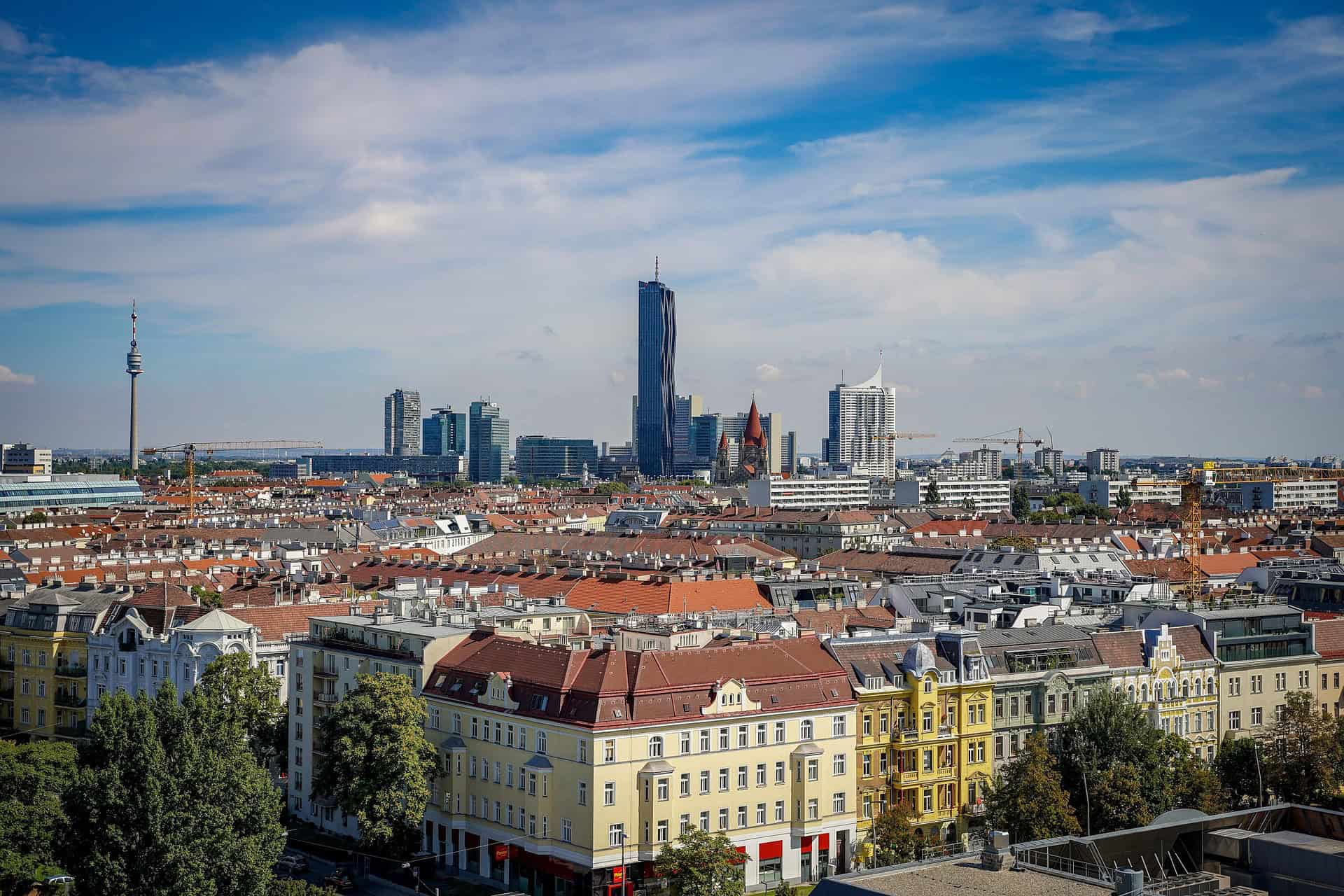
Austria is known for having one of the best healthcare systems in Europe. And Vienna — as the capital — is packed with world-class clinics, hospitals, and pharmacies.
Public vs. Private Healthcare
Austria’s public healthcare system is excellent, but it’s mainly geared toward residents. If you’re from the EU and have a European Health Insurance Card (EHIC or GHIC), you’ll get access to public services at a reduced cost. But you might still face language barriers or long waits.
Private healthcare is faster and more convenient — especially for travelers. It’s easy to book, and you’ll usually get English-speaking doctors. You may need to pay upfront, but you can claim it back with travel insurance.
Emergency Medical Care in Vienna
If something urgent happens — don’t panic. Help is available and fast.
Emergency Numbers in Vienna
- 112 – For all emergencies (ambulance, fire, police)
- 144 – Direct medical emergency line (ambulance)
- 116 117 – Non-urgent medical help (usually German-speaking)
- 110 – Police only
How to Call an Ambulance in Vienna
- Dial 112 or 144
- Say: “Ich brauche einen Krankenwagen” (I need an ambulance)
- Clearly give your location — use your phone’s map
- Ask: “Sprechen Sie Englisch?” (Do you speak English?)
If it’s not life-threatening, you’re better off going to a walk-in clinic or booking an appointment with an English-speaking doctor.
When to Go to a Hospital vs. a Clinic
- Hospital (Krankenhaus or Notaufnahme): For serious symptoms — chest pain, head injuries, or trouble breathing.
- Private Clinic or GP: For minor issues like food poisoning, colds, allergies, or skin conditions.
Pharmacies & Medication in Vienna
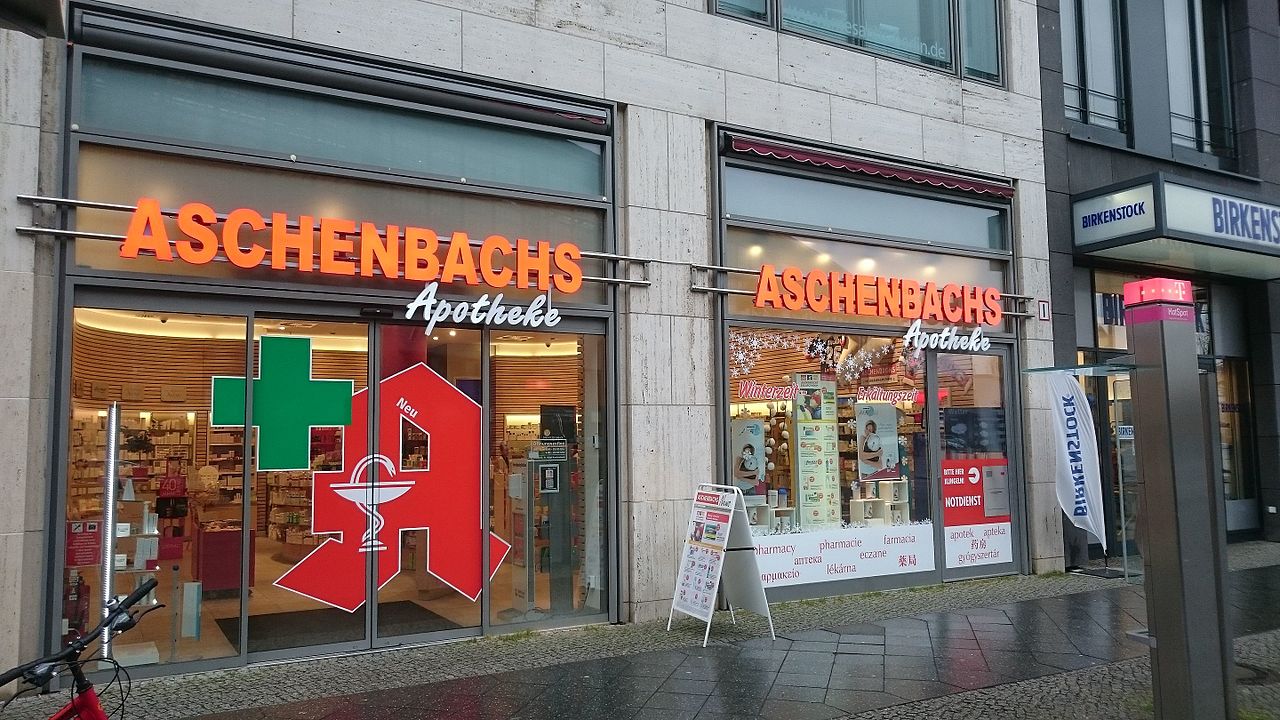
Pharmacies (called Apotheke) are easy to find. Look for the big red “A” sign. Many are open late, and some rotate as 24-hour pharmacies.
What You Can Get at a Pharmacy
- Pain relief
- Fever and cold remedies
- Allergy tablets
- Stomach relief
- First-aid items
- Creams for rashes and bites
Pharmacists are well-trained, and many speak English — especially in tourist areas.
Finding a 24-Hour Pharmacy
At least one pharmacy in Vienna is open every night. To find it:
- Google “24h pharmacy Vienna” or “Notdienst Apotheke”
- Ask your hotel front desk or Airbnb host
- Visit any pharmacy — they’ll have a sign showing which one is open nearby
What to Do if You’ve Got Travel Insurance
Travel insurance can make a big difference — especially when you’re abroad.
What’s Typically Covered
- Private doctor visits
- Emergency care and ambulance services
- Diagnostic tests
- Medications (with receipts)
- Doctor’s notes for missed tours or flights
What You’ll Need for a Claim
- A doctor’s note or diagnosis
- Receipts for appointments or medication
- Your policy details
- Proof of travel (boarding passes, booking confirmations)
Pro tip: Take photos of all your documents and save them to your phone or email.
Language Barriers
Vienna is a very international city, but not all healthcare professionals speak English — especially in public hospitals.
Helpful German Phrases
- “Mir ist schlecht.” – I feel sick
- “Ich habe Fieber.” – I have a fever
- “Ich brauche einen Arzt.” – I need a doctor
- “Ich bin allergisch gegen…” – I’m allergic to…
- “Sprechen Sie Englisch?” – Do you speak English?
Want to avoid miscommunication? You can (book an English-speaking doctor in Vienna now)
How to Avoid Getting Sick in Vienna
Prevention is always better than a cure! Here are a few quick tips:
Common Illnesses Travelers Face
- Upset stomach from rich food or new ingredients
- Cold and flu symptoms, especially in colder months
- Allergies (especially in spring)
- Minor injuries — slipping on icy streets in winter or sprains from walking
Is Tap Water Safe?
Yes! Tap water in Vienna is clean, fresh, and 100% safe to drink. You can even refill your bottle at public fountains.
Food Safety Tips
- Stick to restaurants with good reviews
- Wash fruits and veggies from markets
- Avoid undercooked meat or fish
- Use hand sanitizer after public transport or before eating
Tips for Pregnant Travelers & Those With Pre-Existing Conditions
If you’re pregnant or managing a condition like asthma, diabetes, or high blood pressure, here are some tips:
- Bring a doctor’s letter (ideally in English and German)
- Travel with medications in original packaging
- Know where the nearest private hospital is
- Avoid standing for long hours on tours or public transport
Finding an English-Speaking Doctor in Vienna
It can be hard to know where to go, especially when you’re sick and tired. That’s where Air Doctor comes in.
With Air Doctor, you can:
- Book English-speaking doctors — fast
- Choose between online or in-person visits
- Filter by specialty
- Receive proper receipts for your insurance claims
- Avoid long queues and translation problems
Getting Help Beyond Healthcare
If things get really complicated, your embassy can help too. They can:
- Help replace lost documents or medication
- Contact your family or insurance company
- Help arrange transport if you’re hospitalized
Save your embassy’s number to your phone just in case.
Recap: What to Do If You Get Sick in Vienna
Here’s a quick reminder of what to do if you’re sick in Vienna:
- For emergencies, dial 112 or 144
- Use private clinics for fast and tourist-friendly care
- Visit an Apotheke for common medication
- Keep documents and receipts for insurance
- Learn a few German phrases — or skip the stress with Air Doctor
- Stay hydrated, eat clean, and carry hand sanitizer
- Pregnant or have a condition? Prep your paperwork in advance
- Keep your embassy’s info close
About Air Doctor
With the Air Doctor app in your pocket, you can access medical care and receive expert medical guidance anywhere you travel.
Air Doctor offers a wide range of benefits, including:
- A global network of over 20,000 multi-lingual doctors and specialists
- Choice of clinic, at-home (hotel), and video consultations
- Healthcare access in 90 countries
- 24/7 multi-lingual support
- Transparent pricing and reviews
- Most common medical specialties, including cardiologists, GPs, and pediatricians
FAQs
No, tourists usually need to pay for healthcare in Vienna unless they’re from the EU with an EHIC or GHIC card. With travel insurance, you can claim your money back.
A private doctor’s visit can cost anywhere from €80 to €150, depending on the clinic and type of service. Travel insurance may cover this if you keep your receipts.
Yes! Many private clinics in Vienna accept walk-ins or same-day appointments. Booking ahead online is usually fastest.


